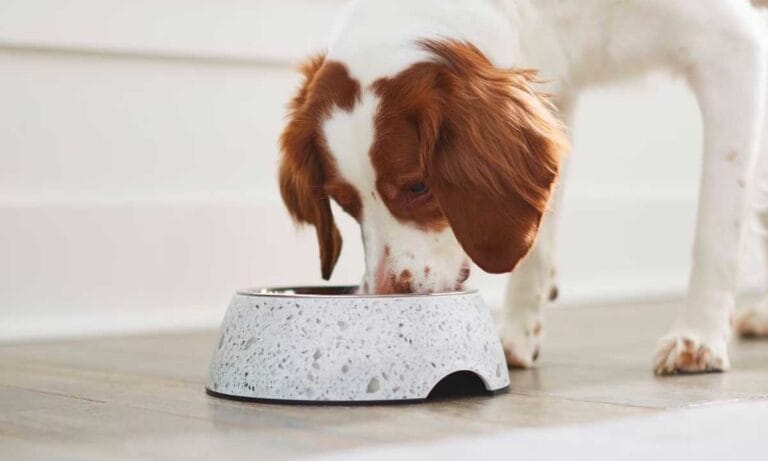Q.
My sister bought our family a dog that was the smallest of the litter. Now he is 9 months old but looks like he is still 4 months old.
His baby hair isn’t gone, but in the areas where it is gone, the new ones aren’t growing. He is eating very little, but is very active. We went to the vet and they couldn’t come up with a diagnosis but suggested he needs thyroid hormones. Do you recommend it?
A.
It sounds like your puppy is not growing and developing nearly as fast as the other puppies, but he is active and mentally alert.
The first step with a thin puppy is to make sure they are dewormed every two weeks starting at the age of 3 weeks and continuing up to the age of 4 months. Usually the deworming medication is a liquid or some granules that are put on food. Then puppies should be put on a monthly deworming medication like Ivermectin. Worms can sap nutrients from a puppy’s intestinal lining and cause weight loss and a poor hair coat. The two most common intestinal parasites in puppies in the United States are roundworms and hookworms.
If your puppy is simply the runt of the litter, and smaller than the other puppies, than there is nothing you can do, or need to do. However, a delay in losing the puppy hair coat sounds abnormal, and could mean a congenital abnormality. This is a type of genetic change where your puppy is born with a disease or abnormality. If so, it may or may not turn out to be serious.
Thyroid hormones are important in haircoat development and metabolism, but most dogs have a thyroid deficiency which makes them overweight, and they tend to overeat. Thin dogs do not usually have a thyroid problem.
I would recommend that you do the following:
1. Feed a high-calorie puppy food, if you’re not already doing so, and continue until your dog’s weight appears to be normal.
2. Weigh your dog once a week and monitor weight gain.
As long as your puppy is not losing weight, I would not worry too much. When your dog is older, you may want to do some thyroid blood level testing, if there is a laboratory that can do that.
By: Jon Geller, DVM
Featured Image: iStock.com/SolStock
Share:









